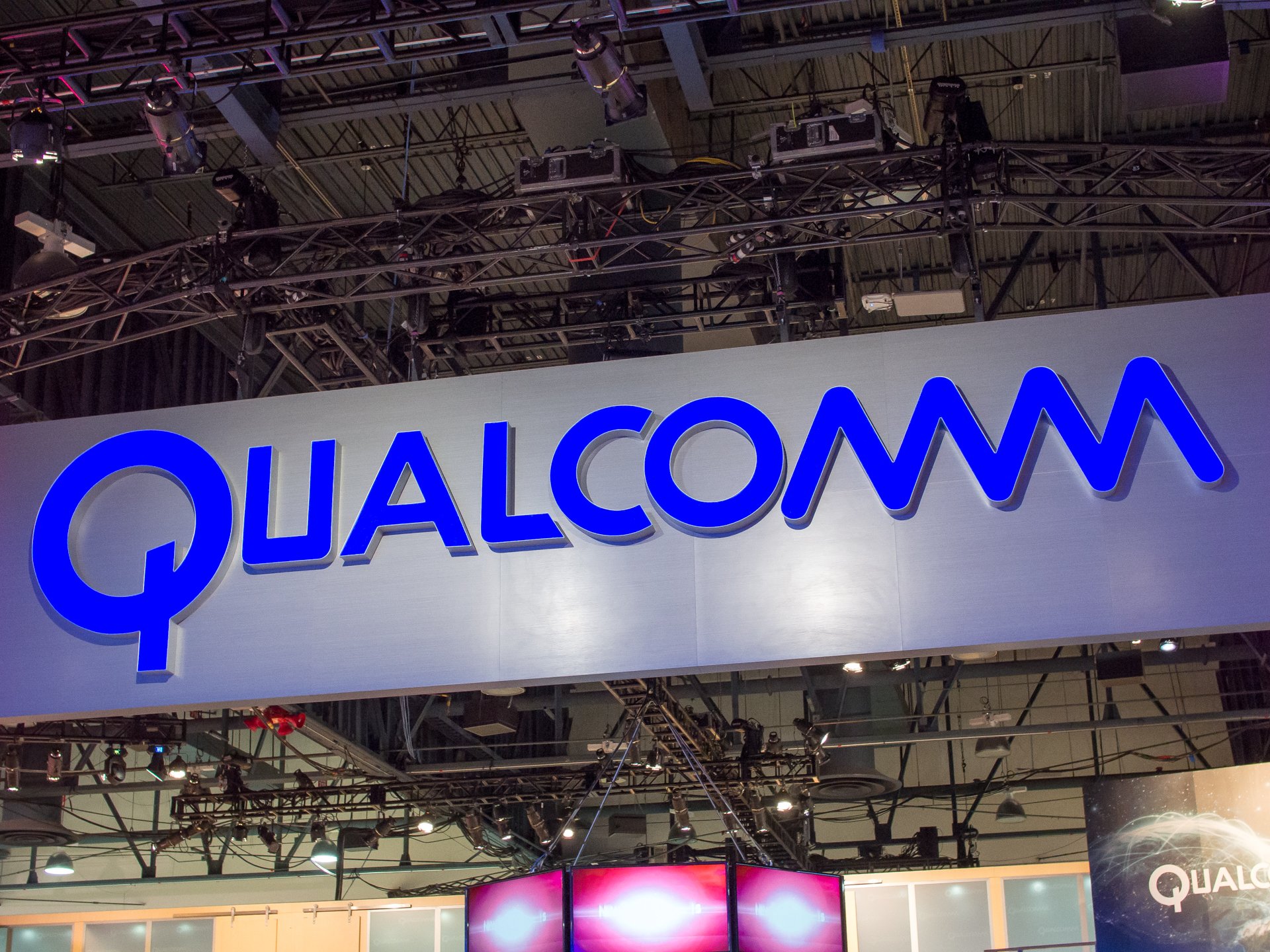Qualcomm hit with $853 million fine in South Korea for violating antitrust laws

Qualcomm has been fined a record 1.03 trillion won ($853 million) by South Korea's Fair Trade Commission (KFTC) over antitrust violations. The regulator said that Qualcomm's "unnecessarily broad patent licensing requirements" resulted in phone makers paying more royalties than required for its modem chips.
Qualcomm was also found to be in violation of competition law as it limited access to its standard essential patents to competing chip makers. In addition to the fine, the KFTC said that it will issue a corrective order specifying the business practices it took an issue with.
Calling the move "unprecedented and insupportable," Qualcomm said that it would file for an "immediate stay of the corrective order and appeal the KFTC's decision to the Seoul High Court." The company said that it will also appeal the amount of the fine and the method the KFTC used to calculate it.
Qualcomm's executive vice president and general counsel Don Rosenberg talked about the inherent value of Qualcomm's patents, and said that the current business practices are an industry norm:
Qualcomm strongly believes that the KFTC findings are inconsistent with the facts, disregard the economic realities of the marketplace, and misapply fundamental tenets of competition law.Importantly, this decision does not take issue with the value of Qualcomm's patent portfolio. Qualcomm's enormous R&D investments in fundamental mobile technologies and its broad-based licensing of those technologies to mobile phone suppliers and others have facilitated the explosive growth of the mobile communications industry in Korea and worldwide, brought immense benefits to consumers, and fostered competition at all levels of the mobile ecosystem.For decades, Qualcomm has worked hand in hand with Korean companies to foster the growth of the wireless Internet. Qualcomm's technology and its business model have helped those companies grow into global leaders in the wireless industry. This decision ignores that win-win relationship.
The regulator's decision doesn't go into effect until it issues a written order, which according to Qualcomm could take anywhere from four to six months. Should the decision be upheld, it could lead to Qualcomm changing its lucrative business model in the country.
Qualcomm earned more than $26 billion in revenue last year, of which 30% came from licensing its patents. The chip maker collects royalties based on the price of a handset, and with 11% of its sales coming from Samsung, the ruling could limit Qualcomm's earnings from South Korean manufacturers.
Qualcomm had to pay a $975 million fine in China last year after a 14-month investigation by the country's antitrust regulator. The company also agreed to lower its royalty rates for Chinese manufacturers.
Get the latest news from Android Central, your trusted companion in the world of Android

Harish Jonnalagadda is Android Central's Senior Editor overseeing mobile coverage. In his current role, he leads the site's coverage of Chinese phone brands, networking products, and AV gear. He has been testing phones for over a decade, and has extensive experience in mobile hardware and the global semiconductor industry. Contact him on Twitter at @chunkynerd.
